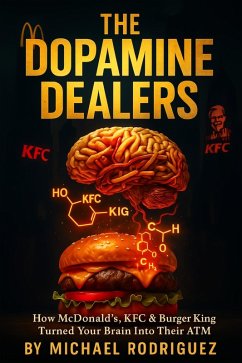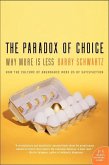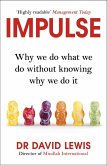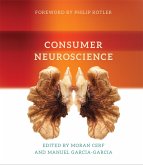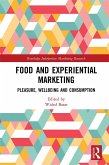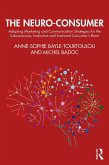Every "craving" you experience, every "spontaneous" decision to grab fast food, every moment when you find yourself inexplicably hungry while driving past golden arches-none of this is accidental. It's the result of decades of research by neuroscientists, behavioral psychologists, and addiction specialists working not in universities, but in corporate laboratories designed to hijack your neural reward systems for profit.
The most addictive substances on Earth aren't sold by dealers in dark alleys-they're served with a smile by minimum-wage teenagers in brightly lit restaurants.
Award-winning investigative journalist Michael Rodriguez exposes the shocking truth behind the fast food industry's most closely guarded secrets. Through leaked internal documents, former McDonald's laboratory researchers, and ex-advertising executives, he reveals how food addiction neuroscience has been weaponized to turn ordinary people into neurologically dependent customers.
This isn't just about unhealthy food-it's about corporate consumer manipulation on a scale that rivals government propaganda. Rodriguez uncovers the sophisticated neuromarketing behavioral economics techniques that make resistance nearly impossible, even for people who understand the health risks.
Discover how:
- McDonald's, KFC & Burger King engineer products that trigger dopamine faster than nicotine
- Fast food manipulation psychology bypasses your conscious decision-making
- Urban environments are redesigned to support addictive consumption patterns
- Children's developing brains are specifically targeted for lifelong dependency
This investigative journalism exposé combines cutting-edge brain science with fearless corporate reporting to reveal why you make food choices that contradict your conscious values. The companies spending billions to influence your eating habits are counting on you never reading this book.
They're about to lose that bet.
The most important meal of your life might be the one you decide not to eat.
Dieser Download kann aus rechtlichen Gründen nur mit Rechnungsadresse in A, B, CY, CZ, D, DK, EW, E, FIN, F, GR, H, IRL, I, LT, L, LR, M, NL, PL, P, R, S, SLO, SK ausgeliefert werden.

